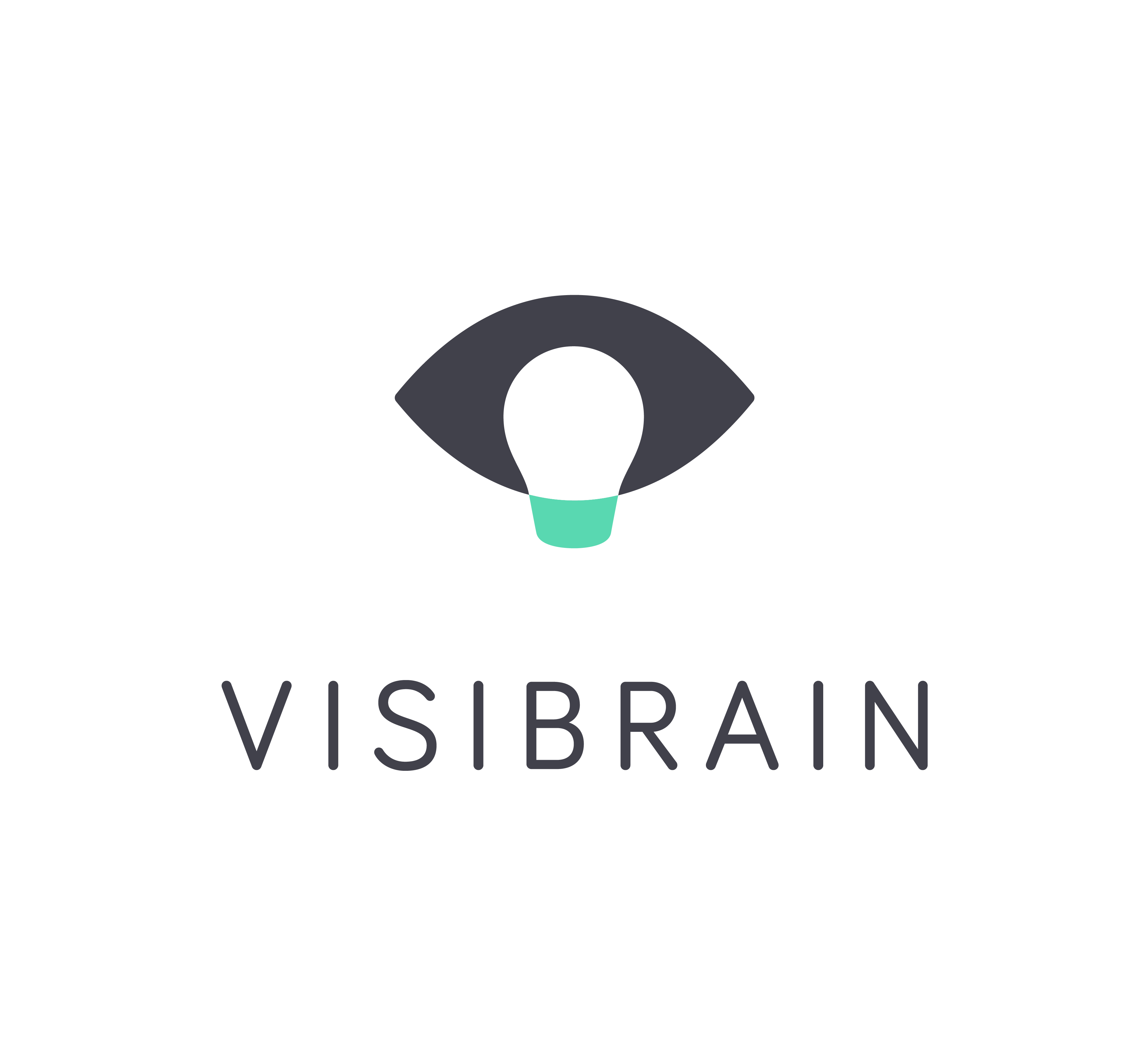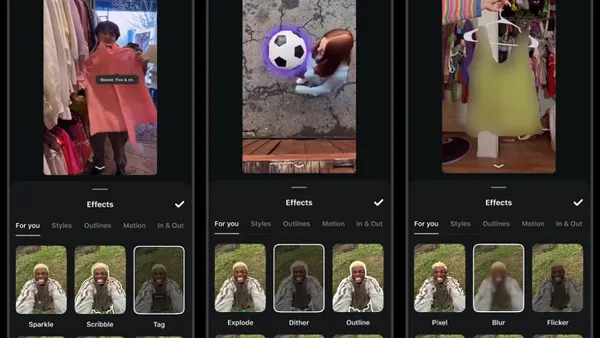In the consumer space social networks are intentionally aimless other than to allow folks to find each other, connect and socialize. Aimlessness is the last thing a company wants for its employees.
Social Networking is ambiguous at work
A couple of weeks ago I was invited as a guest speaker by a massive tech company. They had flown in about 50 global execs for one of their annual meetings and wanted me to come in "to shake things up," particularly on the subject of enterprise social networking and how it could fit into their world.
Beforehand, I met the group who were planning the event. They told me that all the geographies were interested in social networking software, "you know," they said, "like blogs, wikis, forums or whatever." It was clear to me that the leaders of this tech company perceived all of those different tools as social networking because that sort of software allows folks to openly interact, make connections and group-gather. And so, in some ways they really weren't wrong.
Ambiguity around social networking also shows up from our own Sales folks who will tell us about how prospects or customers are keen on social networking features. When pressed on what this means, the answers are friending or groups (the same features these companies see on Facebook).
 Not a means to an end
Not a means to an end
The conversation gets more interesting when you ask what these companies are trying to *do* with social networking. The reality is, these companies want the result of being efficiently networked. Employees are working on something specific and want to be able to do that work within a larger context where they can quickly locate people, figure out what those people do and how best to engage (or not) with them on the project or activity. The "networking" is nothing more than intelligence around the "who" portion of their teamwork at hand. Once that's clear, the employees want to get their work done with those people within that same social network, not retreat back to various solitary applications or blind email. That's means networking is an organizing layer around people's work and that the work itself wants to be part of that system and socialized. In isolation of that, social networking is nothing more than a glorified people directory.
The chicken and egg of Social Networking
Let's be honest, way more than software, social networking is behavior. People are the only ones who can judge the strength of their social ties, the the situational appropriateness of hierarchy, the nuances of how relationships evolve, etc. It's complicated stuff that happens well beyond the binary notion of adding or removing friends. Once we're connected, the real social networking begins and that networking is nothing more than how we behave with those we're connected to.
There's another truth here. We learn what's appropriate from the tools we use. The black hole of individual, solitary, file-centric "productivity software" we've lived in for decades has taught us a particular style of how to work with others and what work is supposed to be like. It's easy to see that if we had been using vastly different tools, that the way we'd work with others would be pretty different. So, as much as lots of people in our space like to disconnect behavior from the tools we use, they're actually connected like a chicken and egg.
This week, I'm invited to participate on a panel at Enterprise 2.0 with some "social networking vendors." I'm curious to understand how these folks identify their companies and products with social networking. It's certainly not how we identify at Jive, where social networking is merely an important ingredient in the stew.












